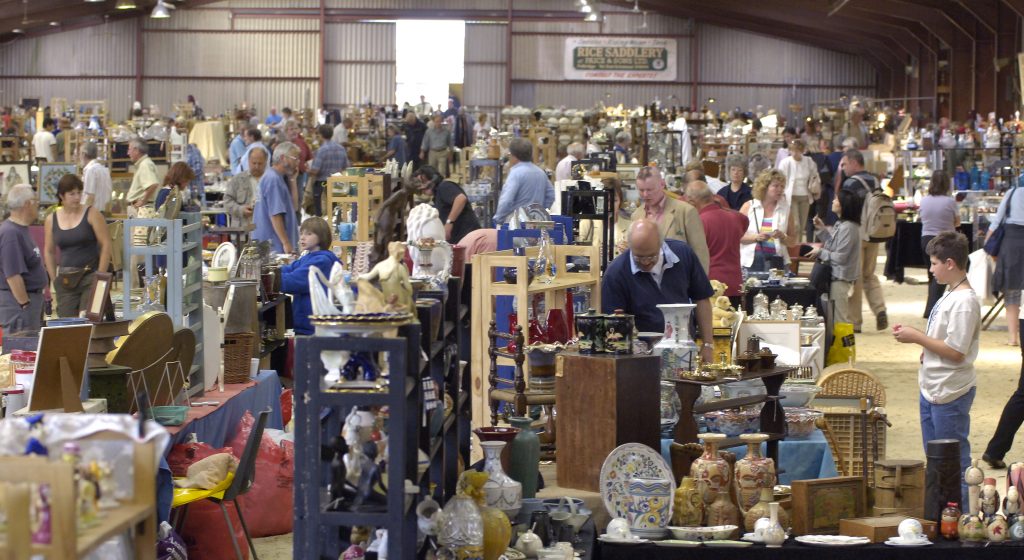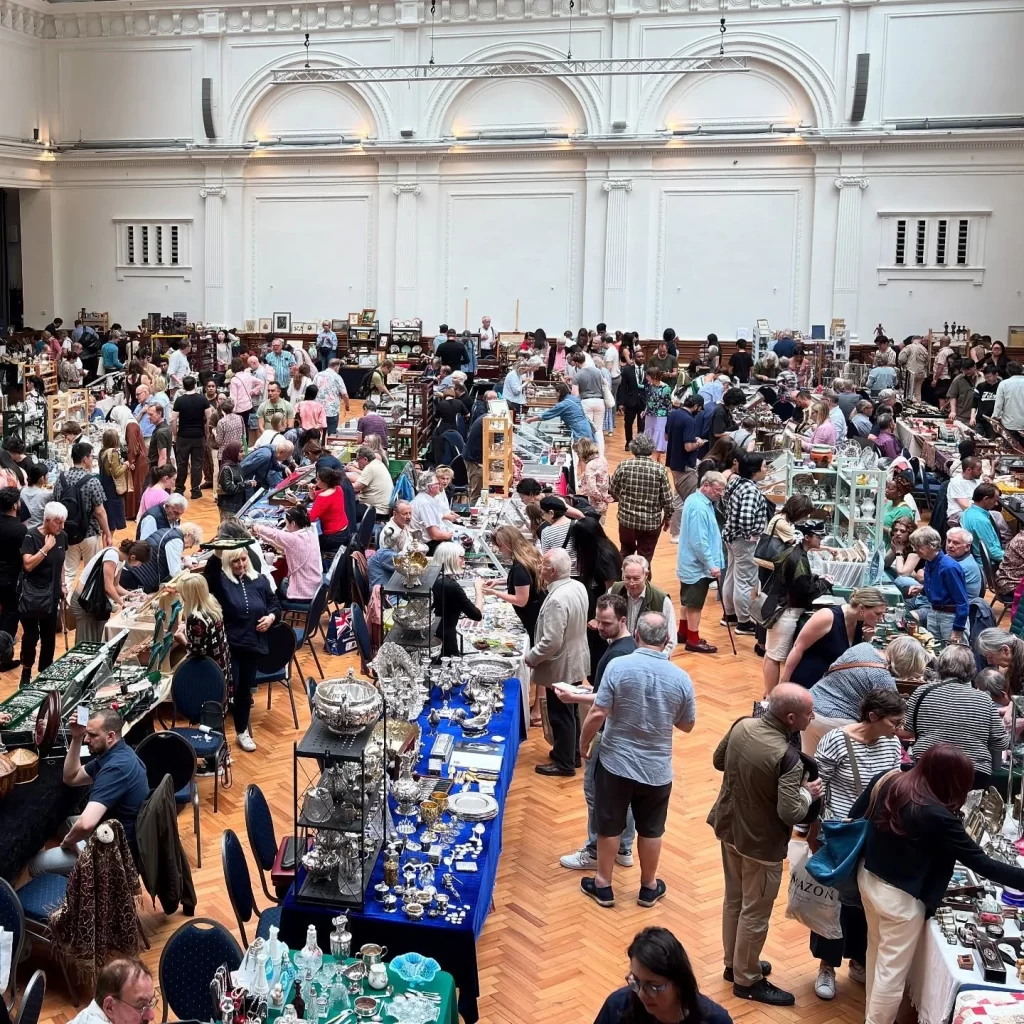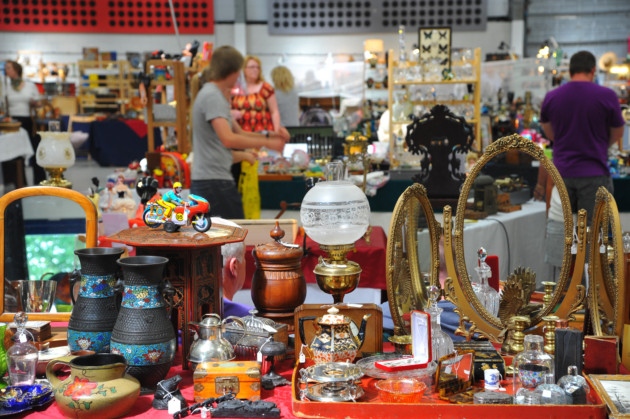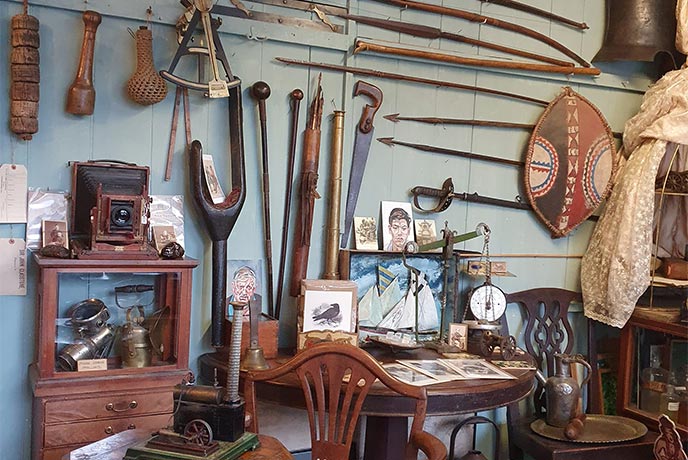The antiques world in the UK is nothing short of extraordinary. From centuries-old furniture to quirky collectibles with fascinating backstories, there’s always the chance to stumble across a true gem — if you know where to look, what to look for, and how to buy with confidence.

Blending antique pieces with contemporary interiors is one of the most effective ways to create a space with warmth, depth, and personality. A single statement piece can transform a room from ordinary to unforgettable. Yet, despite this, a survey conducted by The Art & Antiques Fair, Olympia revealed that nearly 62% of people don’t own as many antiques as they’d like. Why? Because many find the process of shopping for antiques intimidating, expensive, or reserved only for experts.
But here’s the good news: you don’t have to be an expert to enjoy antiquing. With a bit of preparation and a few insider tips, you can shop with confidence, build your knowledge, and most importantly — have fun along the way. That’s exactly what this two-part guide is designed to help you do.
So, where should you begin?
Do Your Homework

There’s absolutely nothing wrong with wandering into a shop and picking out something that simply catches your eye. After all, antiques should be about personal taste and enjoyment. But having a little knowledge under your belt goes a long way.
Research helps you:
- Identify styles and eras you love (and can realistically afford).
- Understand quality — spotting the difference between a genuine antique and a clever reproduction.
- Recognise fair pricing, so you avoid overpaying.
- Build confidence when talking to dealers, negotiating, or bidding.
There are countless ways to learn:
- Browse books and online resources.
- Visit museums and exhibitions to see examples of furniture, ceramics, silver, or textiles.
- Strike up conversations with dealers and fellow enthusiasts — many are more than happy to share what they know.
Think of it as training your eye. The more you see, handle, and read about antiques, the sharper your instincts will become.
Where to Buy: Fairs, Auctions, and Shops

The UK antiques market is thriving, with opportunities around every corner — from sprawling fairs and high-stakes auctions to charming high-street shops and online marketplaces. Each has its own atmosphere, pros, and pitfalls.
Fairs
For newcomers, an antiques fair is the perfect introduction. Large events — like the renowned Art & Antiques Fair at Olympia, London — bring together dozens (sometimes hundreds) of dealers, offering everything from £100 curiosities to museum-worthy showpieces valued at £1 million. The diversity of items and prices makes fairs exciting and approachable. Even if you don’t buy anything, you’ll leave having learned a lot just by browsing.
Auctions
Thrilling, but not for the faint of heart. Auctions move quickly, and the competition can be fierce. If you’re tempted to try one, make sure you:
- Inspect the item beforehand (or request a condition report).
- Set a firm spending limit — and stick to it.
- Remember the Buyer’s Premium — often up to 20% — added to the hammer price.
Done well, auctions can be an exhilarating way to secure unusual and valuable pieces. Done rashly, they can leave you with a lighter wallet and buyer’s remorse.
Shops
Antiques shops remain one of the most enjoyable ways to explore the trade. Usually independently run, these shops often reflect the personality and expertise of the owner. The stock changes regularly, so it’s worth popping back often. Building rapport with a dealer can pay off too — not only might they offer better prices, but they may also give you a heads-up when something you’re hunting for comes in.

And let’s not forget the simple pleasure of pottering around an antiques shop on a Saturday afternoon. You never know what treasure you’ll stumble upon.
What’s Next?
In Part Two, we’ll dive into the art of negotiation (yes, you can haggle politely in the UK!) and share insider tips on the very best antiquing spots in Bath — one of the UK’s most vibrant hubs for second-hand treasure hunters.
Until then, happy browsing — and remember, antiques aren’t about perfection or prestige, they’re about connection. The right piece will always find you.



